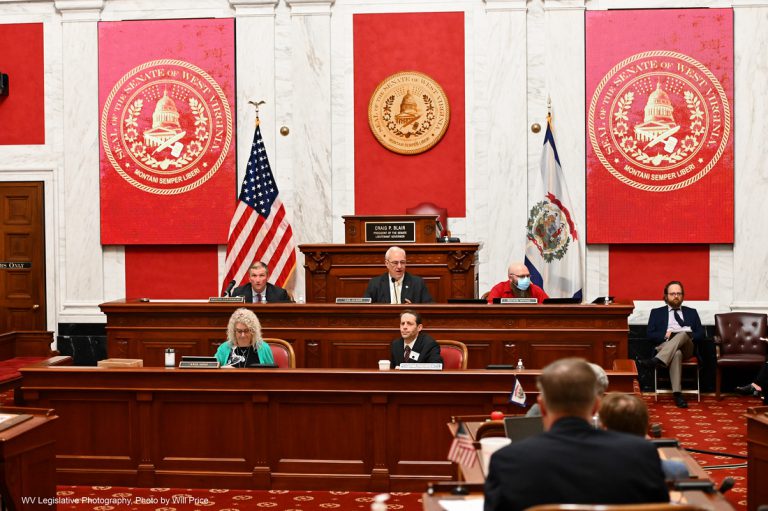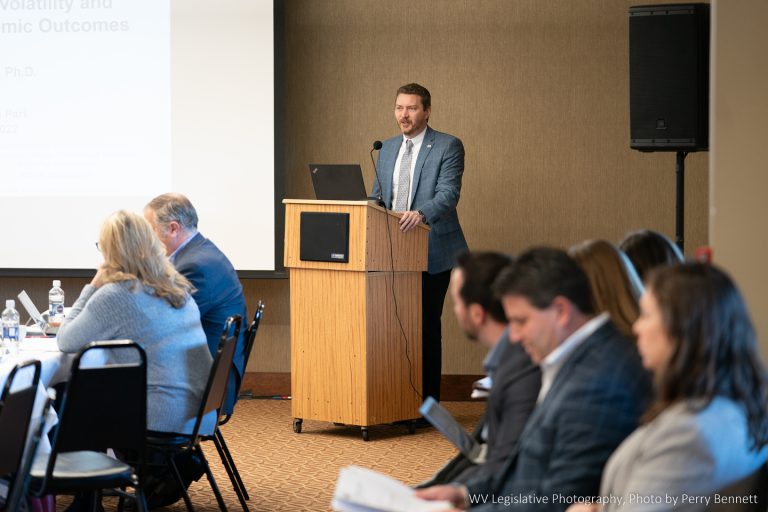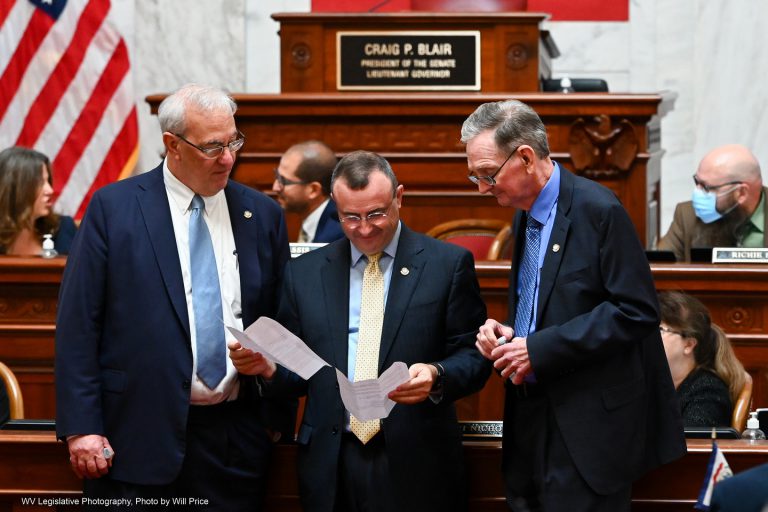The committee meeting began on Monday with Dr. Vern Howard, Chair of the Colorado MLK Holiday Commission, explaining an MLK curriculum that emphasizes that non-violence is the way to promote positive social change.
Howard cited a bombing in Montgomery and how Dr. King told followers who were ready to rise up in violence that non-violence was the way. He repeated the following quote from King: “Evil doers, those creating violence, are just as much victims as people for whom the violence is poured”
Howard informed the committee that he knew of six states that are currently using this curriculum.
Shifting gears, the committee heard a school safety presentation from Keith Vititoe, Safety Director, Kanawha County Schools and Ross Mellinger, Sherriff, Jackson County.
This presentation was in response to an April 6 incident in Jackson County where a student smuggled a gun onto the school bus and had a target in mind upon arrival at Ripley Middle School. Fortunately, another student saw the gun, grabbed the magazine and diffused the situation.
“We were within a matter of minutes of being headlines on the six o’clock news,” Mellinger told lawmakers. “We were about to be the next national tragedy.”
Mellinger knew he had to do more to protect the children in his county but funding and staff were a challenge when considering options. Out of this came the development of The Shield Program, required overtime that requires every Jackson County deputy to spend two hours a week monitoring a school of their choice.
“If I can’t put an officer in every school, then you make it as random as you can to leave that prospective shooter guessing,” Mellinger explained.
Mellinger estimates the cost of The Shield Program at $21,000. The program is a cooperative effort between Jackson County Schools, the Jackson County Commission and his office.
A similar approach could soon be implemented in Kanawha County Schools.
Safety director Vititoe told lawmakers the district plans to hire retired law enforcement to be an armed presence in plain clothes. A team of 12 will rotate among 55 schools with no on-site officer.
Vititoe asked lawmakers to make it easier for counties to hire security personnel. He also requested that small and large schools alike have equal access to any security protocols adopted by the Legislature.










